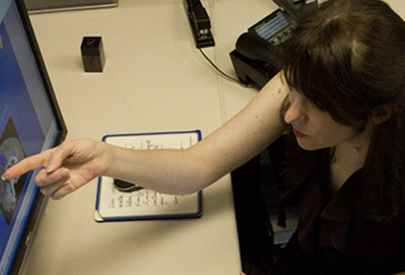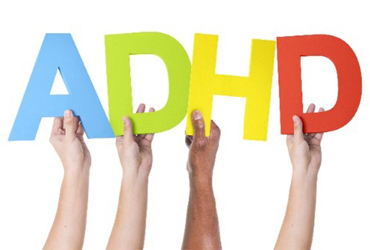Resources
Attention-Deficit/Hyperactivity Disorder
Understanding ADHD
Although ADHD is often looked at as a negative, there are many benefits of having ADHD.
- Persistent
- Adaptability
- Hyperfocus
- Energetic
- Creative
- Willing to take risks
- Spontaneous
- Sense of humor
-
Living with ADHD: Nancy's Story
Living with ADHD: Nancy's Story
Nancy tells her story about growing up and living her life with ADHD.
-
Girls and Women with ADHD
Girls and Women with ADHD
Meghan Miller, Ph.D., from the UC Davis MIND Institute talks about girls and women with ADHD.
-
Evaluation in ADHD: Who, When, Where?
Evaluation in ADHD: Who, When, Where?
Julie Schweitzer, Ph.D. from the UC Davis MIND Institute talks evaluating patients with ADHD.
-
School strategies for children with ADHD and Autism
School strategies for children with ADHD and Autism
Learn about school strategies for children with ADHD and Autism. Presented by Faye Dixon, Ph.D., Peter Mundy, Ph.D.,and "TJ" Vidales, B.A.
-
What is ADHD?
What is ADHD?
Myths and facts of people with ADHD.
-
Evaluating ADHD: A Developmental Perspective
Evaluating ADHD: A Developmental Perspective
Faye Dixon, Ph.D. from the UC Davis MIND Institute talks about applying a developmental perspective to ADHD research.
-
ADHD Medication Options
ADHD Medication Options
Samantha Cohen, M.D., from the UC Davis MIND Institute talks about ADHD medication options.








